Iceland – Jokulsarlon Lagoon, Diamond Beach & the Hvalnes Nature Reserve
We woke up to a beautiful sunny morning! The wind was still crazy strong but seeing some blue sky certainly helped, especially when the surrounding mountains and glaciers were visible all of a sudden!
Our plan for the morning was to drive east to Jokulsarlon Lagoon to see the icebergs. Along the way we stopped, as usual, where we could to take in some of the other sights including some of the beautiful farms. The drive from our inn to the Jokulsarlon Lagoon was about 80 kms and throughout the whole drive we were looking to the north at mountains capped by the Vatnajökull (Vatna Glacier) with long tongues of ice flowing down the valleys. Quite spectacular, particularly on a clear day!
We even saw a few reindeer in a pasture. We have no idea whether they were roaming wild or belonged to someone.
Reindeer
Reindeer are not native to Iceland. In fact, the only land mammal native to Iceland is the Arctic Fox. In the 1770s and 1780s four different groups of reindeer were brought to Iceland, but attempts to introduce reindeer farming was an abject failure. The only herd which managed to survive were those released in the Eastfjords. Apparently, for many years, all the reindeer brought to Iceland were thought to be extinct, but today the population in the mountains of the Eastfjords and the eastern Central Highlands is around 6-7,000 animals.
Jokulsarlon Lagoon & Diamond Beach
The Jokulsarlon Lagoon is beautiful and one of the most popular tourists spots in Iceland! And, there were a lot of tourists when we got there, in fact parking was a bit difficult to find, and this is early in the day and not even tourist season!
Jokulsarlon Lagoon first started forming in 1934 as Breiðamerkurjökull, which is the glacial tongue that extends from southern Vatnajökull into the glacier lagoon, began to retreat. The lagoon is 248 meters deep (814 ft) making it the deepest lake in Iceland. The lagoon continues to get larger as the glacier retreats and has increased four fold since the early 1970s.
You can get lots of fabulous views by walking along the shores of the lagoon near the parking lot, which is what we did. If you are so inclined you can take zodiac boat tours or even a ‘Moose’ (amphibian boat) with Glacier Lagoon Tours and explore the lagoon from the water.
Seals can be seen swimming in the lagoon as well as different species of birds. The day we were there there were a number of Common Eider ducks swimming about amongst the ice.
The lagoon flows out into the ocean through a black sand beach which has been named Diamond Beach. It is well named because of the polished chunks of ice that can wash ashore here glistening in the sun like diamonds. Sadly there wasn’t a lot of Ice on the beach the day we were there.
Hvalnes Nature Reserve and the Hvalnes Lighthouse
Leaving Jokulsarlon we wanted to head back to the Hvalnes Nature Reserve and the Hvalnes Lighthouse which we had skipped the day before. Hvalnes is a huge black pebble beach on a peninsula stretching a few kilometres. With the wind and huge foaming white waves crashing onto the black sand it is quite spectacular and a little awe inspiring…what power!!
Sitting on the tip of a promontory to the east end of the beach is a picturesque old, orange lighthouse. Hvalnes Lighthouse is a bright orange concrete structure standing 11.5 meters (38 feet) high. It was constructed in 1954. We walked out to the point to grab some photos and tried hard to not get blown away!
The Red Chair
From Hvalnes we headed back towards Hofn. However, we had to make one stop along the way to check out the Red Chair! The Red Chair is fastened down on a rocky perch high off the beach with spectacular views back towards Hvalnes and west towards Vestrahorn, the dramatic saw-tooth mountain situated on the end of the Stokksnes peninsula near Hofn.
Hofn
In Hofn we needed to stop for gas and to grab some food. In the end we opted out of lunch for the day as we were both feeling pretty crappy. I was full of snot and coughing quite a bit from that damn cold. We went to a grocery store and bought sandwiches and snacks (and a bottle of wine) for dinner in our room at the Seljavellir Guesthouse. As we wandered around the store we ran into some interesting things including wild Alcid and Fulmar eggs! After getting back to the room and eating, we made it a very early night as we needed to recover or we wouldn’t be able to keep going.
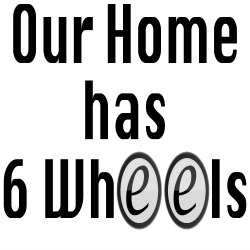



















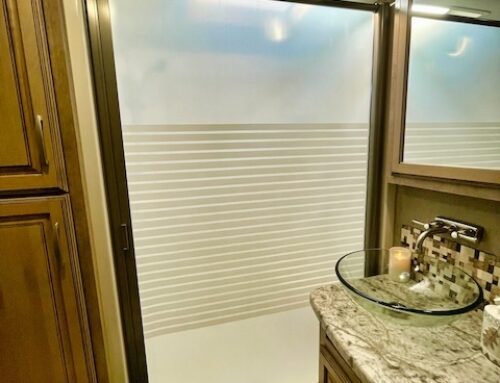
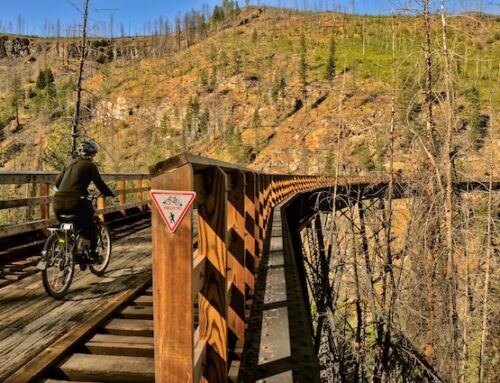
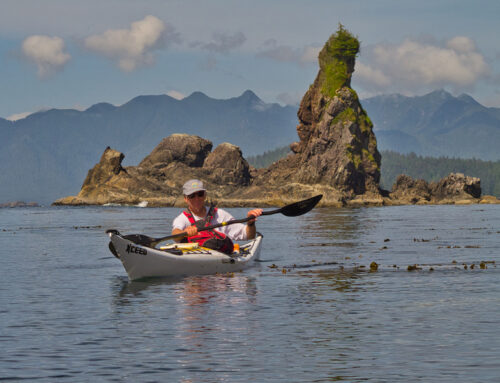
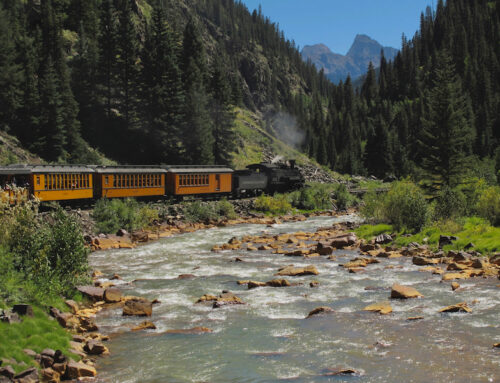
Leave A Comment